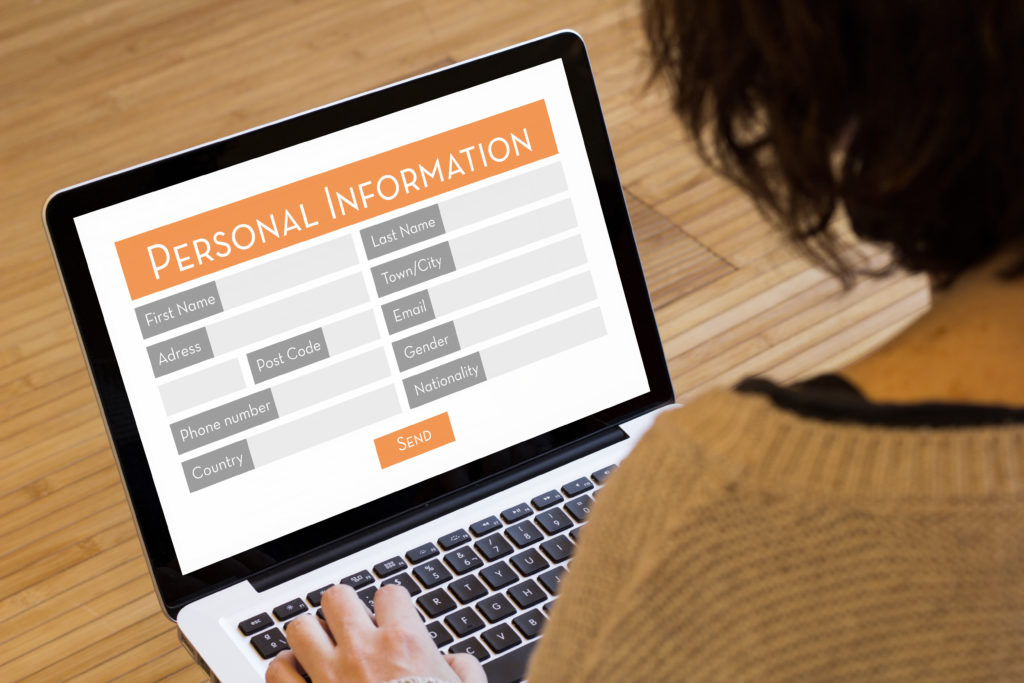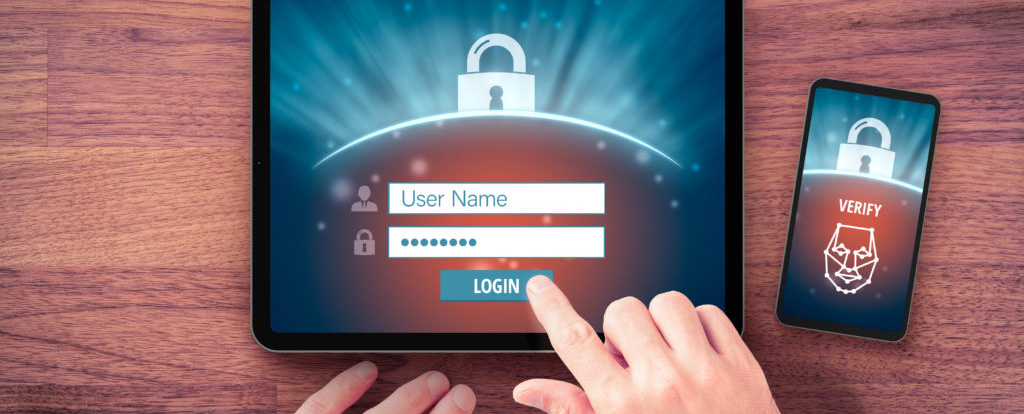
There is no end to the ways scammers will try to steal personal information, and that includes targeting children online. It’s important for the adults in their lives to take proactive steps to stay safe online.
Beef Up Your Passwords:
The longer, more complex the password, the harder it is to crack! Use special characters, avoid using actual words, names, dates, or repeating numbers and letters, and aim for longer passwords. Each additional character increases the complexity of password crackers. Try to avoid using the same or similar passwords for everything! Also important, teach kids to use robust passwords for their online games, social media, and more.
Run Those Updates:
Whether it’s a computer, smartphone, video game system, run security and operating system updates when they are available. These are your best defenses against malware and viruses. Best bet: set up your systems to automatically update.
Learn to Spot Phishing:
If an email seems a bit off, it probably is! Spelling errors, threats if you don’t act fast, sender email addresses that look suspicious are all classic signs of a phishing attempt. If you’re being asked to provide or confirm passwords, logins, or provide personal information through an email, you’re probably being phished!
Careful What You Share:
Look at all your social media profiles together. Between Facebook, Twitter, LinkedIn, Instagram, and more, how much could a stranger find out about you or your family? Scammers can find out a LOT about you just from your postings on social media. Names, birthdays, even the café you like to visit can be used by scammers to target you or your loved ones. Keep your information private and be cautious of what you share publicly!
Make it a habit to walk your kids through their own social sharing and in-game chat histories. Show them how information from different sources could be used if it got into the wrong hands.
On the Go, Beware the WiFi:
If you hand your kid a smartphone, tablet, or portable gaming device to keep them occupied in public, watch out! Using a public or open WiFi has inherent risks. When logging on in public, avoid any sensitive online activities, like entering passwords, or accessing banking and financial information. Scammers can pull data from unsecured networks.
So, what’s your data worth?
There are examples of people auctioning their personal data on eBay and Craigslist. But maybe a better way to look at the value of personal data is to see it as the value of your personal privacy.
What would it cost you if someone hacked your accounts and stole your identity? What if they impersonated you on your social media accounts, alienating your friends and family? How much is your reputation worth? All of these are worth protecting and valuing. And perhaps that’s where we all can find the true value of our data.
BECOME A PRIVACY CHAMPION
Visit StaySafeOnline.org to learn more about data privacy and how you can help your kids, friends, family, coworkers, and community stay safe online. easy-to-learn life lessons for online safety
